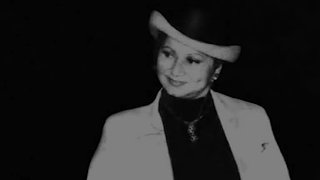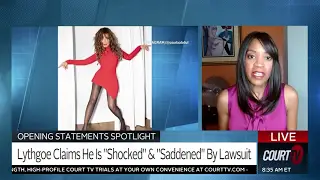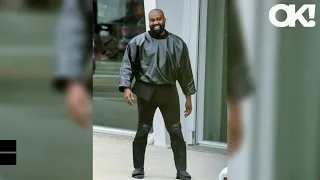A Louisiana author, William Collier, has lodged a copyright infringement lawsuit against Netflix, filmmaker Adam McKay, and his production company, Hyperobject Industries. The suit alleges that McKay’s 2021 climate change satire “Don’t Look Up” heavily borrowed from Collier’s self-published novel, “Stanley’s Comet,” released nine years prior.

The lawsuit hinges on striking similarities between the two works, both of which involve low-level scientists facing disbelief and apathy from the government and public regarding imminent threats to Earth. Both stories explore themes of media manipulation, political inaction, and societal division in the face of impending catastrophe.
Collier argues that the similarities extend beyond plot points. Professor David Roman, a comparative literature expert at USC, analyzed both works and concluded that they share a distinct satirical tone and employ identical styles of humor to drive their social commentary.
The plaintiff’s case is further bolstered by evidence suggesting McKay’s possible access to “Stanley’s Comet.” In 2007, prior to the book’s self-publication, Collier sent a copy to Adrienne Metz, an executive assistant at Jimmy Miller Entertainment (JME), a company run by McKay’s former manager and co-producer, Jimmy Miller.
The lawsuit argues that JME’s standard practice would involve sharing submitted material with both Miller and McKay. Additionally, Collier believes the book might have been directly delivered to McKay himself.
Should the court find merit in Collier’s claims, it could have significant legal and financial implications for Netflix, McKay, and Hyperobject Industries. The potential damages awarded could include lost profits from “Don’t Look Up” and compensation for Collier’s own creative work.
This case raises crucial questions about copyright protection for self-published authors and the potential for infringement within the competitive entertainment industry. It underscores the importance of establishing clear ownership and documenting communication regarding creative works, particularly when seeking opportunities in the entertainment industry.
The lawsuit remains in its early stages, and it will be fascinating to see how the legal battle unfolds. The outcome could have a lasting impact on the creative landscape and set a precedent for future copyright disputes in the age of self-publishing and readily available digital content.










Discussion about this post